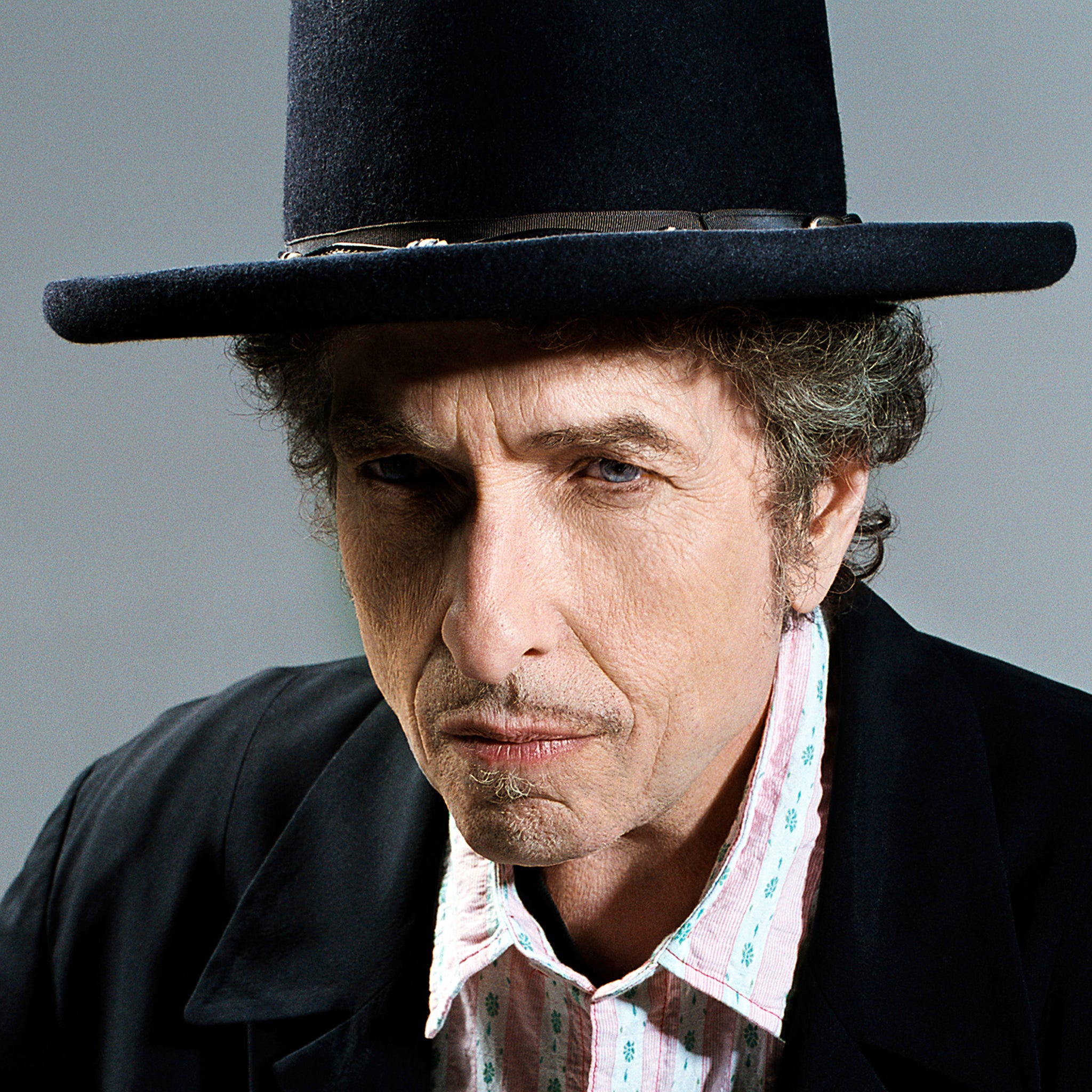Bob Dylan, Shadows in the Night, album review: Restoring life to old standards
Unlike most modern-day, punched-in vocal constructions, there’s a real sense of fallible humanity to these live performances

Bob Dylan himself views these interpretations of American Songbook standards as cover versions, believing they’ve been covered so much they’re now buried. “Me and my band are basically… uncovering them,” he claims, “lifting them out of the grave and bringing them into the light of day.”
Or, to be more precise, the twilight of dusk. Until a glimmer of sunrise glow peeks through the horn intro to the concluding “That Lucky Old Sun”, there’s an engaging, crepuscular mood about Shadows in the Night, with Tony Garnier’s bowed bass and Donny Herron’s creamy pedal-steel guitar oozing along like a slow-flowing river, carrying Dylan’s warm baritone on songs such as “What’ll I Do” and “Some Enchanted Evening” like Huck Finn laid in a rowboat, a straw dangling from the corner of his mouth.
Dylan’s in better voice here than for some time – more weatherbeaten croon than husky croak, a sort of superannuated version of his Nashville Skyline nasal mode – with some surprisingly subtle touches. “Why Try to Change Me Now” is sung with a sigh in his voice. There’s a similar weary resignation about “Autumn Leaves”, while his delivery of the line “To share a kiss that the devil has known” in “I’m a Fool to Want You” is flecked with a sense of yearning despair deepened by the tints of French horn.
He seems to naturally inhabit the underlying darkness in these songs, and recording them live with his small combo – no vocal booth, no headphones and no overdubs save for the occasional watercolour wash of horn (rather than reed) colouration – ensures that, unlike most modern-day, punched-in vocal constructions, there’s a real sense of fallible humanity to these performances.
The results have a lingering, languid charm, which does, as he suggests, help to liberate the material from the rusting manacles of big-band and cabaret mannerisms.
Join our commenting forum
Join thought-provoking conversations, follow other Independent readers and see their replies
Comments
Bookmark popover
Removed from bookmarks